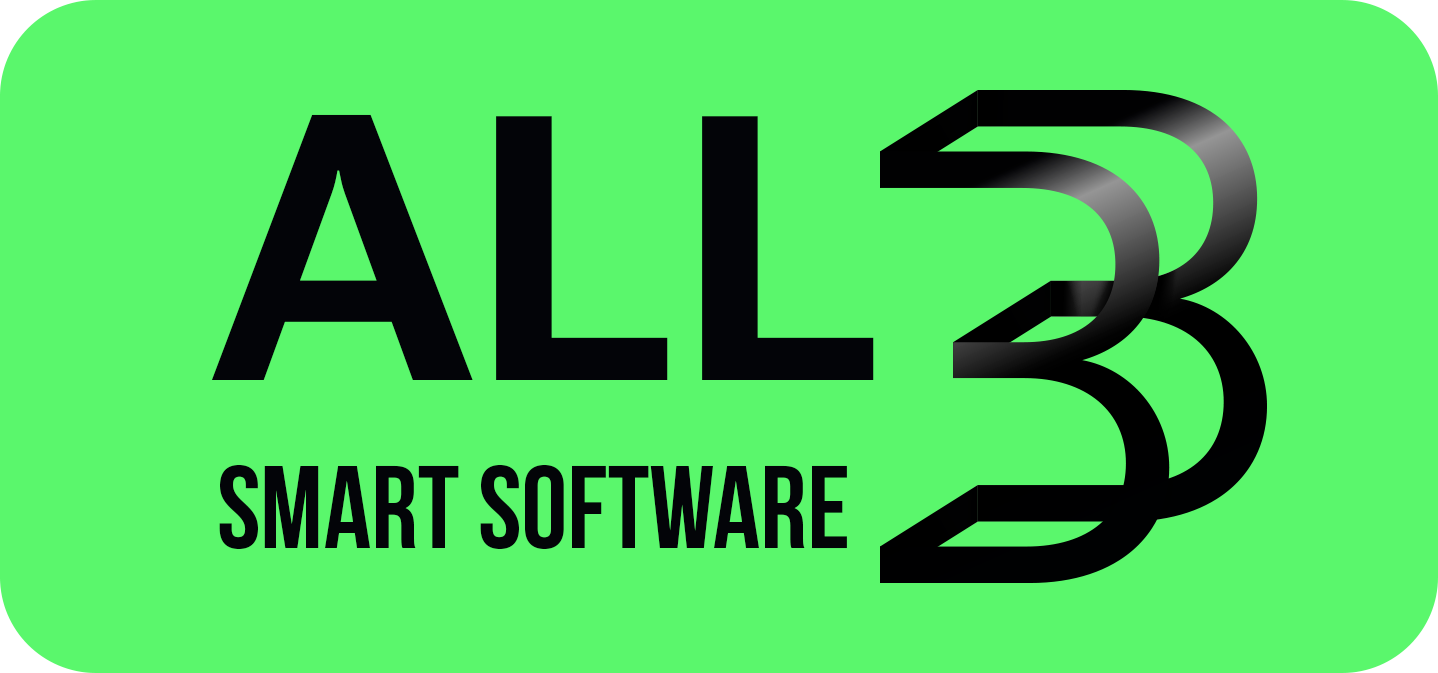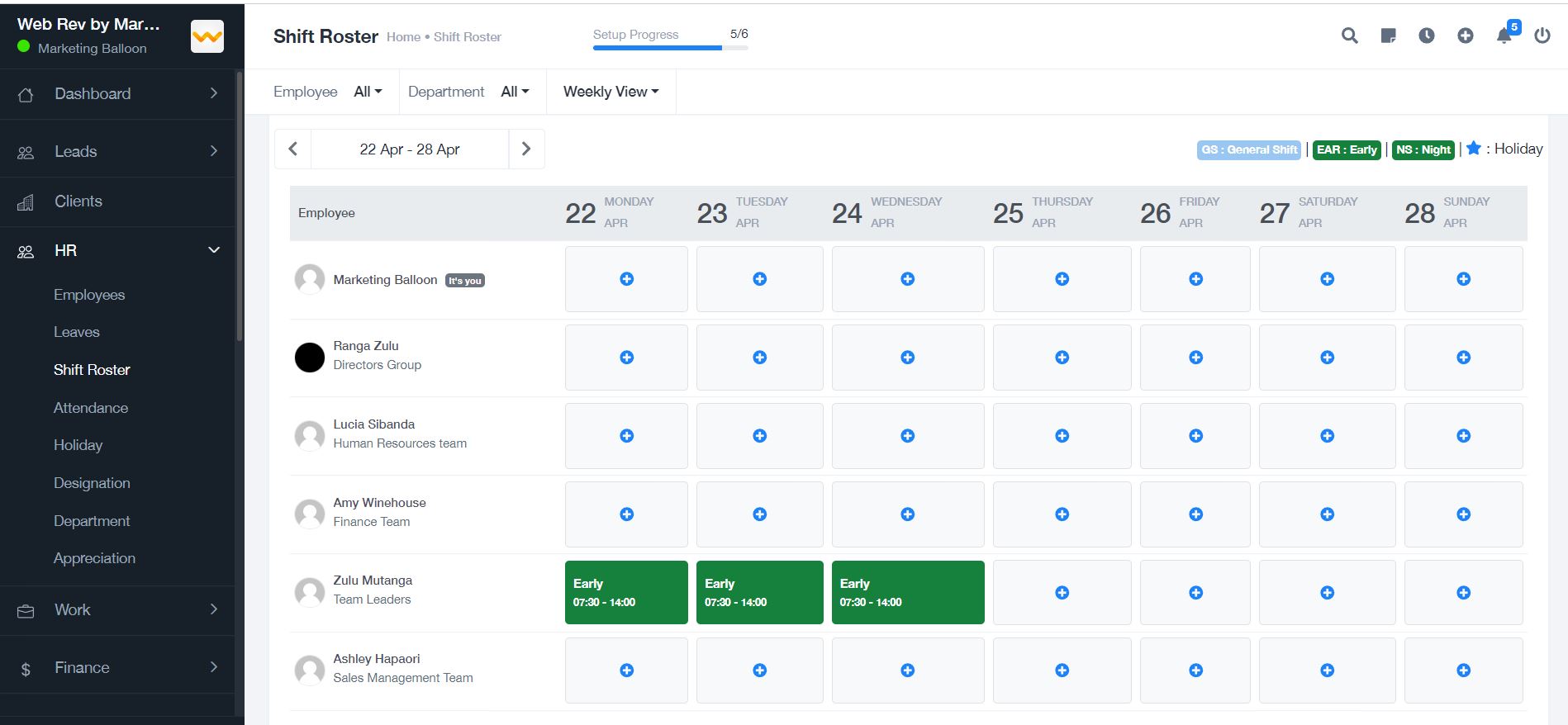Scheduling
Our Scheduling Management Module is essential for businesses to manage appointments, resources, and staff efficiently. It streamlines scheduling processes, reduces conflicts, and enhances productivity. Here's a detailed overview of the key features typically found in a comprehensive Scheduling Management Module:
1. Appointment Scheduling
Appointment scheduling is a core feature for managing meetings and events. This feature provides:
- Tools for creating, modifying, and canceling appointments
- Integration with calendar applications (e.g., Google Calendar, Outlook)
- Automated appointment reminders for clients and employees
- Support for recurring appointments and flexible time slots
2. Resource Allocation
Resource allocation ensures optimal use of resources such as meeting rooms, equipment, or vehicles. This feature offers:
- Tools for booking and managing resources
- Real-time visibility into resource availability
- Resource conflict detection and resolution
- Integration with inventory management for resource tracking
3. Staff Scheduling
Staff scheduling helps manage employee shifts and workloads. This feature includes:
- Creation and management of employee work schedules
- Tools for shift swapping and trade requests
- Automated shift assignment based on employee availability
- Integration with payroll systems for accurate time tracking
4. Integration with Customer Relationship Management (CRM)
A Scheduling Management Module should integrate with CRM systems to manage client-related scheduling. This feature provides:
- Access to customer profiles and appointment history
- Integration with customer communication tools for appointment reminders
- Tools for managing customer-specific scheduling preferences
- Cross-referencing of appointments with CRM data for personalized service
5. Team Collaboration
Team collaboration features ensure smooth communication among team members regarding schedules. This feature includes:
- Internal messaging tools for scheduling-related communication
- Shared calendars for team visibility
- Integration with collaboration platforms (e.g., Slack, Microsoft Teams)
- Tools for scheduling team meetings and events
6. Analytics and Reporting
Analytics and reporting features help businesses track scheduling efficiency and identify trends. This feature offers:
- Customizable reports on appointment and resource utilization
- Real-time dashboards with key scheduling metrics
- Analysis of scheduling patterns and employee workload
- Integration with business intelligence platforms for advanced analytics
7. Automated Notifications and Alerts
Automated notifications help reduce scheduling conflicts and keep everyone informed. This feature provides:
- Automated appointment reminders for clients and employees
- Alerts for scheduling conflicts and double-bookings
- Notifications for schedule changes and updates
- Integration with email and messaging platforms for automated alerts
8. Mobile Accessibility
Mobile accessibility allows users to manage scheduling on the go. This feature typically provides:
- Mobile apps for appointment scheduling and management
- Real-time synchronization across devices
- Mobile-friendly interfaces for ease of use
- Offline access to schedules with automatic synchronization when online
9. Integration with Project Management
Integration with project management tools ensures seamless scheduling for project-related tasks. This feature offers:
- Tools for scheduling project-related meetings and milestones
- Integration with project timelines and deadlines
- Resource allocation for project tasks and activities
- Cross-referencing of project tasks with employee schedules
10. Security and Access Controls
Security features ensure sensitive scheduling information is protected. This feature provides:
- Role-based access controls for scheduling management
- Integration with security systems for restricted access
- Tools for tracking schedule changes and audit trails
- Data encryption and backup for scheduling information
These features together create a comprehensive Scheduling Management Module that supports a wide range of scheduling needs, from appointment management to resource allocation and staff scheduling. The seamless integration with other business functions ensures that businesses can manage their schedules efficiently, reduce conflicts, and improve overall productivity.


